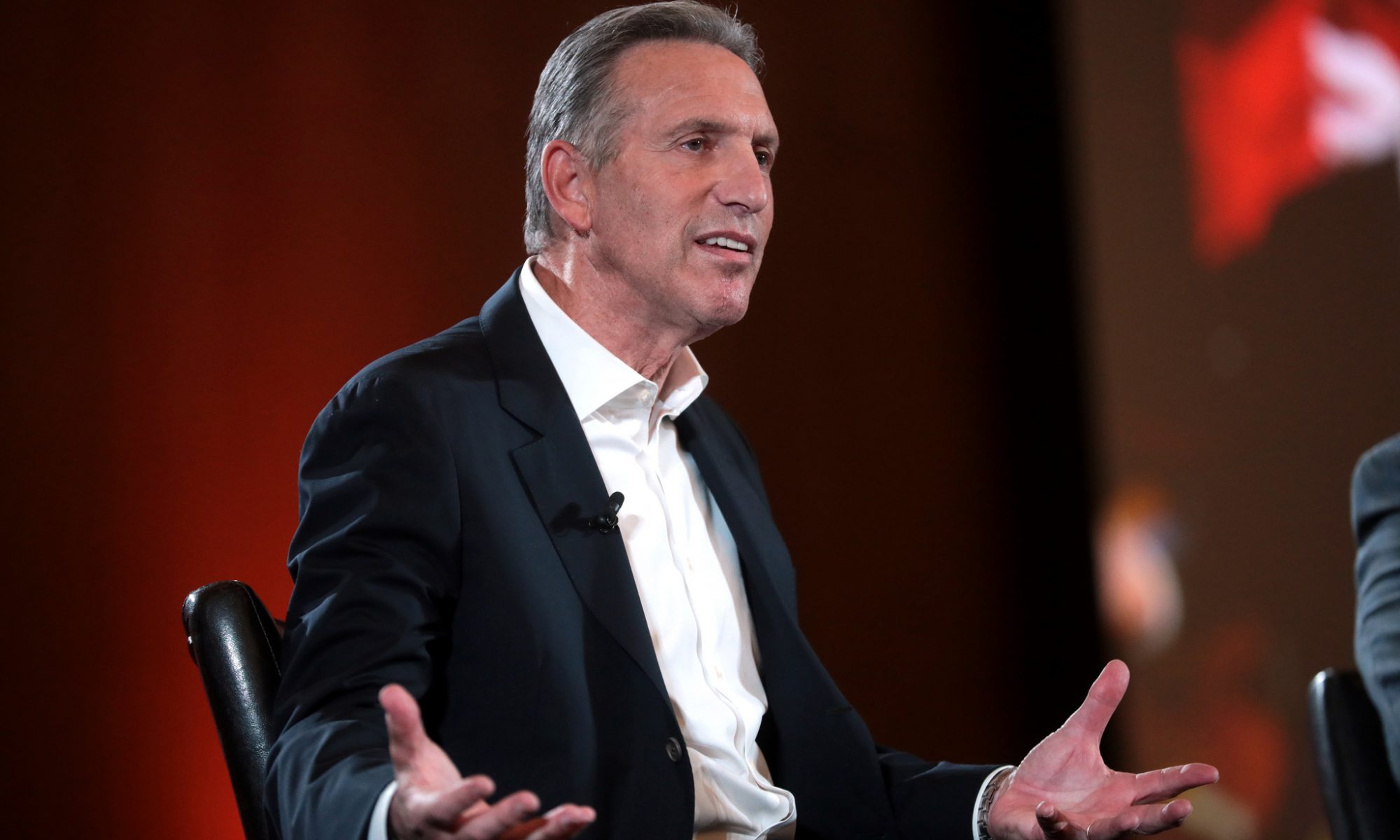Mindfulness, a meditation technique lifted from Buddhist practice, has gained popularity in recent years, especially in the corporate world, as a means to combat stress and improve personal performance. The practice promises to relieve anxiety associated with the pressures of modern life. Indeed, not only are our work lives often more demanding and less secure, we live in a 24-hour news cycle and among frenetic social media activity from which many people are finding it increasingly difficult to retreat. All this activity has negative consequences for our concentration, mental acuity, and general well-being. We also live in a time of rising inequality, of epidemics of stress, anxiety and other mental health issues; and in which politics is bitterly divided and people’s trust in politicians is at very low ebb. We live in a time in which the problems caused by neoliberal capitalism’s rapacious activity are coming home to roost as we sit at the brink of ecological collapse. It is natural for people to seek succor.
Practicing mindfulness involves focusing one’s attention on one’s immediate surroundings, sounds, and sensations, with the purpose of drawing the mind out of its busy chatter, and its anxious worry, and focusing only on the immediate present and the immediate surroundings: “To live mindfully is to live in the moment and reawaken oneself to the present, rather than dwelling on the past or anticipating the future.”
But what are the ethics of something that promises succor without addressing the destructive injustices of capitalism that are causing the problems in the first place?
Take the climate emergency – we are at the beginning of, and falling increasingly into the grip of, a man-made catastrophe. Here in Australia the summer has barely begun and already a drought ravaged area the size of Albania has been razed by fires, more than eighty of which are still burning as Sydney, the largest city, is blanketed in toxic smoke. If we aren’t feeling anxious we should be – and if we aren’t focused on the future, we ought to. Used as a method of easing the anxiety of climate catastrophe, mindfulness threatens to contribute to the problem by shifting the focus from action to management; from state responsibility for action to individual burden of amelioration.
The origins of mindfulness are in Buddhist practice, where letting go of the ego’s desires and worldly attachments opens one to a greater connectedness with the world’s other beings. The form of this connection is compassion. Yet the popular Western-appropriated version of mindfulness being practiced increasingly in the corporate world appears to be moving in the opposite direction of compassion. Mindfulness is touted as a cure for modern ills like anxiety, yet rather than cure them, it is a technique of evasion; rather than being focused on connectedness, it reinforces ego by centering on self-improvement.
The use of mindfulness as stress relief in corporate institutions helps corporations avoid responsibility for the environments, detrimental to mental well-being, they create; and tries to shift the burden away from the toxic system back onto the individual. It is therefore unsurprising that mindfulness has been appropriated by the corporate world.
Bhikkhu Bodhi, an outspoken Western Buddhist monk, has warned that “absent a sharp social critique, Buddhist practices could easily be used to justify and stabilize the status quo, becoming a reinforcement of consumer capitalism.”
Compassion is not central to post-enlightenment Western philosophy in the same way it is in some religious ethics such as Buddhism. The Western tradition tends to distrust emotion in morals, because the moral life is taken to be is centered around decision-making and emotions are thought not to be a solid basis for rational action.
But compassion can be found in different kinds of appeals to the universal nature of ethics that most normative theories make. There is a form of the ‘golden rule’ – the moral rule that states one ought to treat others as one would want to be treated – present, for example, in both deontological and utilitarian styles of normative moral theory.
This indicates the presence of a general principle of ethics – that it is universal. In Utilitarianism this principle dictates that each stakeholders’ preferences are considered equally. In deontological theories, such as rights-based ethics, it dictates that rights are universal and inalienable. These demands of ethics are other-centered, and require us to make decisions in the interests of, say, justice rather than in the self-interest.
In terms of western normative ethical theories, mindfulness in its original Buddhist form is akin to virtue ethics in which the agent’s character is at issue, and ethics is centered around the virtues of good character which enable and contribute to the good life.
As David Loy, in a famous article called Beyond McMindfulness, wrote:
“mindfulness is a distinct quality of attention that is dependent upon and influenced by many other factors: the nature of our thoughts, speech and actions; our way of making a living; and our efforts to avoid unwholesome and unskillful behaviors, while developing those that are conducive to wise action, social harmony, and compassion.”
Here we see that mindfulness is meant to be an ethical position, which one takes up in order to develop, but to develop in an ethical, that is, other-centered direction.
Mindfulness should be about a quality of awareness, a kind of attunement that is by its nature ethically in the world. Using it for self-improvement, without compassion or social conscience, distorts its nature.
Perhaps mindfulness creates a much-needed reflective space in life. But perhaps, rather than use that space for the avoidance of thought, it should be used for a reflective kind of attention than everyday life permits.
Buddhist philosophy is about overcoming ego – and ego is at home in capitalism – or rather, capitalism is at home in the ego. Capitalism depends upon the restless ego seeking and finding momentary satisfaction of desire by consumption; and it depends upon that satisfaction being soon superseded by another desire that can in turn be satisfied by another consumption. But capitalism is in crisis as we reach the endgame in the climate and ecological emergency. Corporate mindfulness is a way of easing the anxiety without interfering with the capitalist machine. Then individuals can feel better, and business can carry on as usual. But it is a case of merely treating the symptom while allowing the disease to run rampant.
If, as I believe it is, the climate crisis is a crisis of capitalism, the role of alienation is central – alienation from each other and from the natural world. From this point of view, our alienation from these spheres is what has caused the crisis in the first place. Compassion is a possible way back to the ethical dimensions of our interconnectedness. But that cannot be found in the western-appropriated practice of mindfulness.


